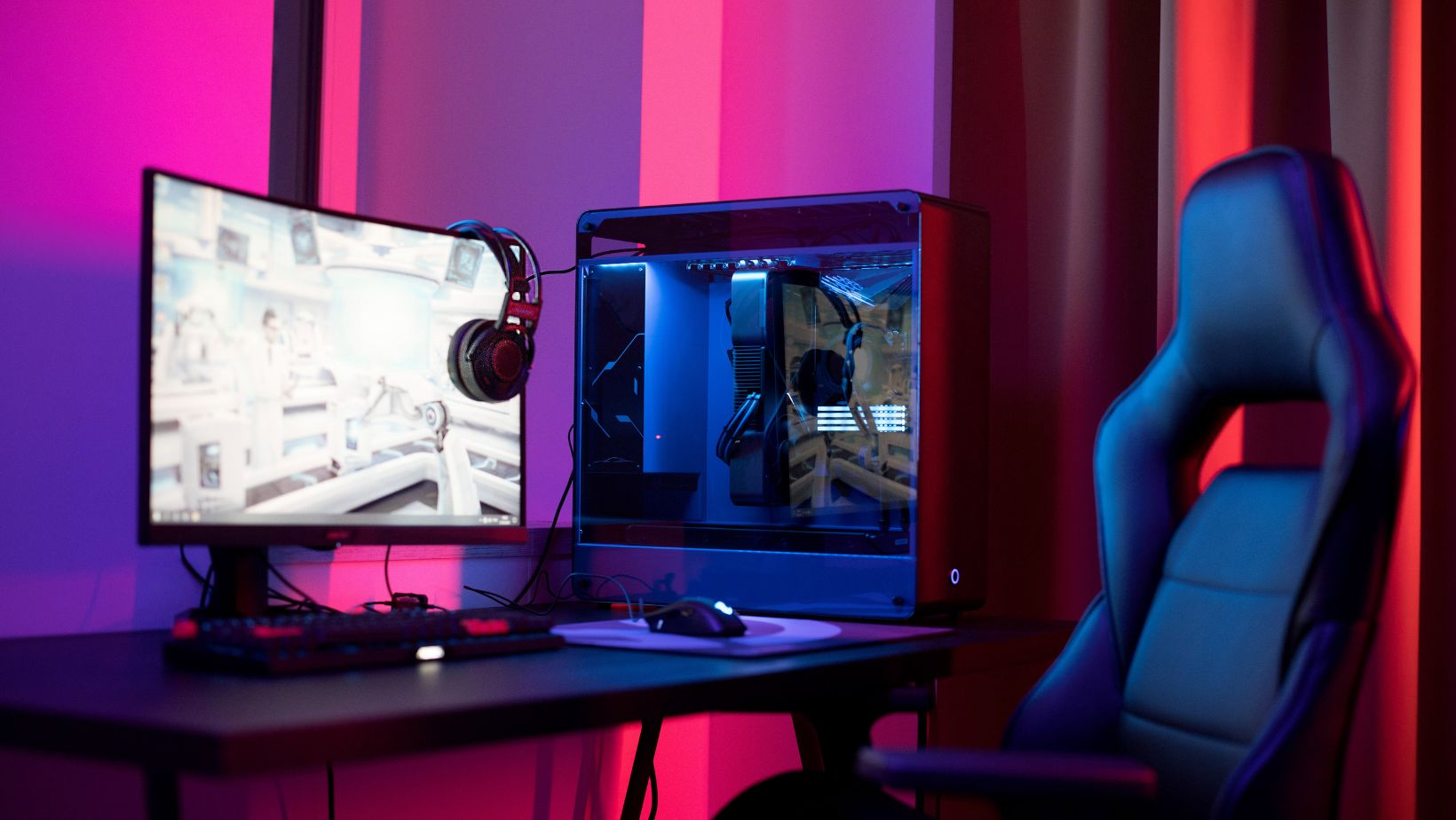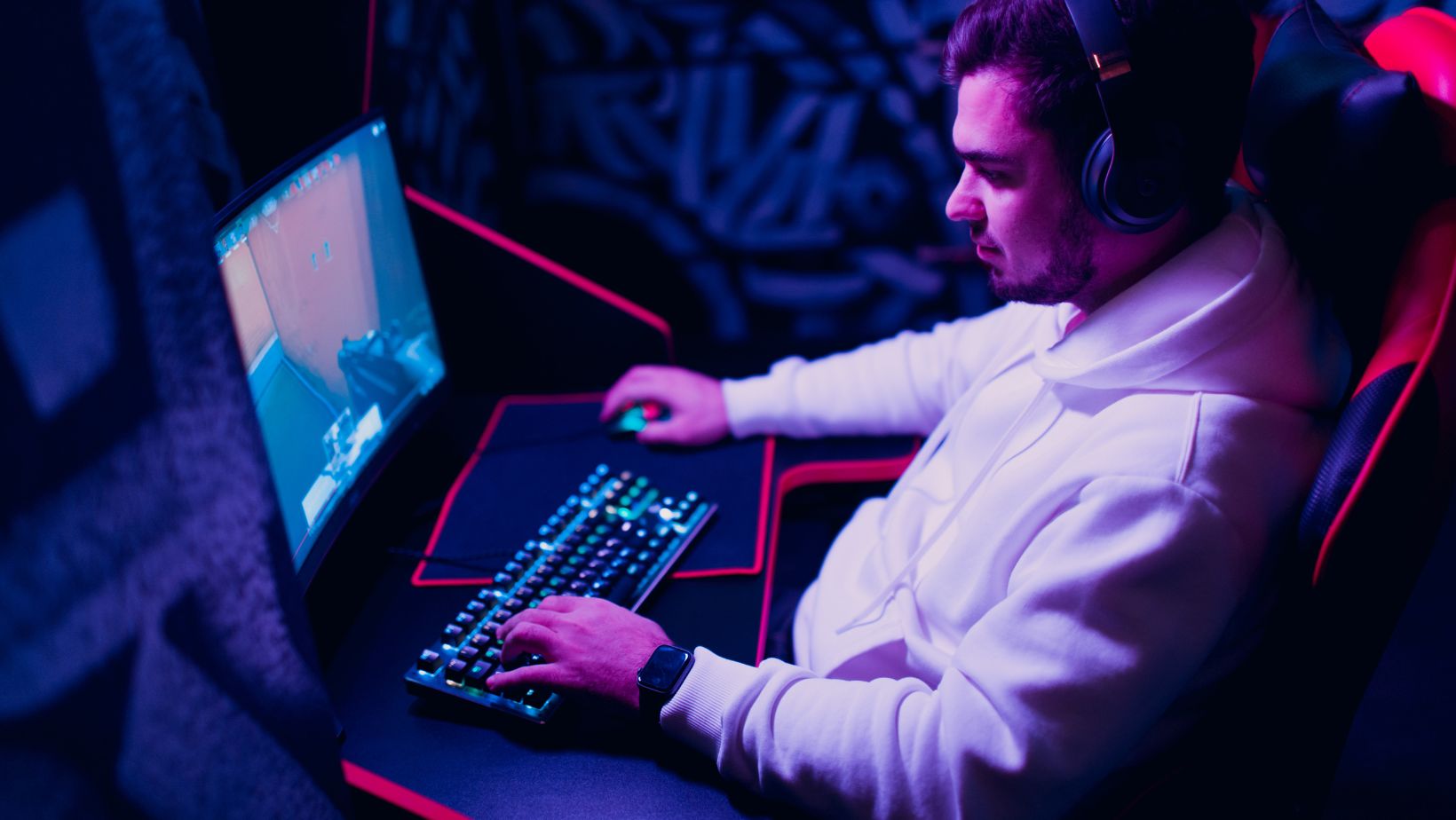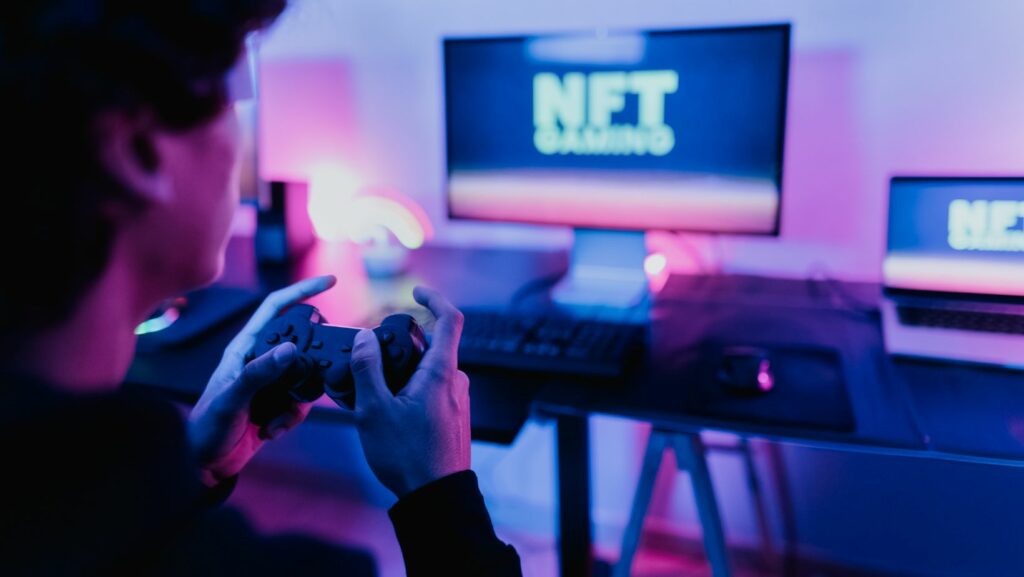In the ever-evolving landscape of gaming, Web3 technology has emerged as a game-changer, revolutionizing how players interact with virtual worlds. With blockchain at its core, Web3 gaming offers unprecedented ownership of in-game assets and a decentralized gaming experience. This shift has opened up new possibilities for gamers and developers alike, paving the way for a more immersive and transparent gaming ecosystem.
As the Web3 gaming industry continues to gain momentum, staying informed about the latest trends and developments is crucial for enthusiasts and professionals. From NFT integrations to play-to-earn mechanics, the realm of Web3 gaming news is dynamic and fast-paced. Keeping up with these updates not only provides insights into the future of gaming but also offers a glimpse into the innovative technologies shaping the digital entertainment landscape.
Web3 Gaming News
What Is Web3 Gaming?
Web3 gaming refers to the integration of blockchain technology into traditional gaming ecosystems. It enables players to truly own their in-game assets by storing them on a decentralized ledger, providing transparency and security. By leveraging blockchain, web3 gaming offers a unique gaming experience where players have more control and ownership over their virtual items. This technology is revolutionizing the gaming industry by introducing innovative mechanics such as non-fungible tokens (NFTs) and play-to-earn models.
Key Players in the Web3 Gaming Space
 Several prominent companies are leading the way in the web3 gaming sector, driving innovation and shaping the future of gaming. Entities like Gala Games, Axie Infinity, and Decentraland are at the forefront of this revolution, creating immersive gaming experiences powered by blockchain technology. These key players are not only developing groundbreaking games but also establishing new economic models that empower players and enable them to earn real rewards through their gameplay. By partnering with blockchain platforms and integrating NFTs into their ecosystems, these companies are paving the way for a decentralized and player-centric gaming industry.
Several prominent companies are leading the way in the web3 gaming sector, driving innovation and shaping the future of gaming. Entities like Gala Games, Axie Infinity, and Decentraland are at the forefront of this revolution, creating immersive gaming experiences powered by blockchain technology. These key players are not only developing groundbreaking games but also establishing new economic models that empower players and enable them to earn real rewards through their gameplay. By partnering with blockchain platforms and integrating NFTs into their ecosystems, these companies are paving the way for a decentralized and player-centric gaming industry.
Trends and Innovations in Web3 Gaming
Building on the transformative power of Web3 technology, the gaming industry is witnessing significant shifts that promise a more interactive and player-driven experience.
Blockchain Integration in Games
Blockchain integration in games has revolutionized ownership structures by enabling players to have true ownership of in-game assets. With blockchain technology, players can securely store their assets on a decentralized ledger, ensuring transparency and enhancing control over their digital possessions. Additionally, blockchain integration enhances the security of in-game transactions and provides players with a more immersive and trust-based gaming experience.
The Role of NFTs
 Non-fungible tokens (NFTs) play a pivotal role in Web3 gaming, introducing unique digital assets that are irreplaceable and one-of-a-kind. NFTs empower players to own exclusive in-game items, such as characters, skins, or virtual real estate, that hold real-world value. By leveraging NFT technology, game developers can create scarcity and uniqueness in their virtual ecosystems, driving player engagement and fostering a thriving secondary market for digital collectibles.
Non-fungible tokens (NFTs) play a pivotal role in Web3 gaming, introducing unique digital assets that are irreplaceable and one-of-a-kind. NFTs empower players to own exclusive in-game items, such as characters, skins, or virtual real estate, that hold real-world value. By leveraging NFT technology, game developers can create scarcity and uniqueness in their virtual ecosystems, driving player engagement and fostering a thriving secondary market for digital collectibles.
Play-to-Earn Model Evolution
The evolution of the play-to-earn model in Web3 gaming represents a significant paradigm shift, where players can earn real rewards for their time and effort invested in gameplay. This model transforms the traditional gaming landscape by allowing players to monetize their in-game achievements, skills, and assets.
Challenges Facing Web3 Gaming
Scalability Issues
Web3 gaming faces significant scalability issues due to the underlying blockchain technology. The current blockchain infrastructure struggles to handle the increasing demands of complex gaming ecosystems. The decentralized nature of Web3, while beneficial for security and ownership, poses challenges in processing transactions at the speed required for real-time gaming experiences. As more players join Web3 games, scalability becomes a critical concern that developers need to address to ensure smooth gameplay and user satisfaction.
Regulatory Hurdles
Regulatory hurdles present another challenge for Web3 gaming adoption and growth. The dynamic and evolving regulatory landscape surrounding cryptocurrencies, blockchain, and decentralized applications often lacks clarity and consistency. This uncertainty can deter traditional gaming companies and investors from fully embracing Web3 gaming initiatives. Navigating through different regulatory frameworks across various jurisdictions adds complexity to the development and operation of Web3 games, requiring comprehensive compliance strategies to mitigate risks and ensure legal adherence.

